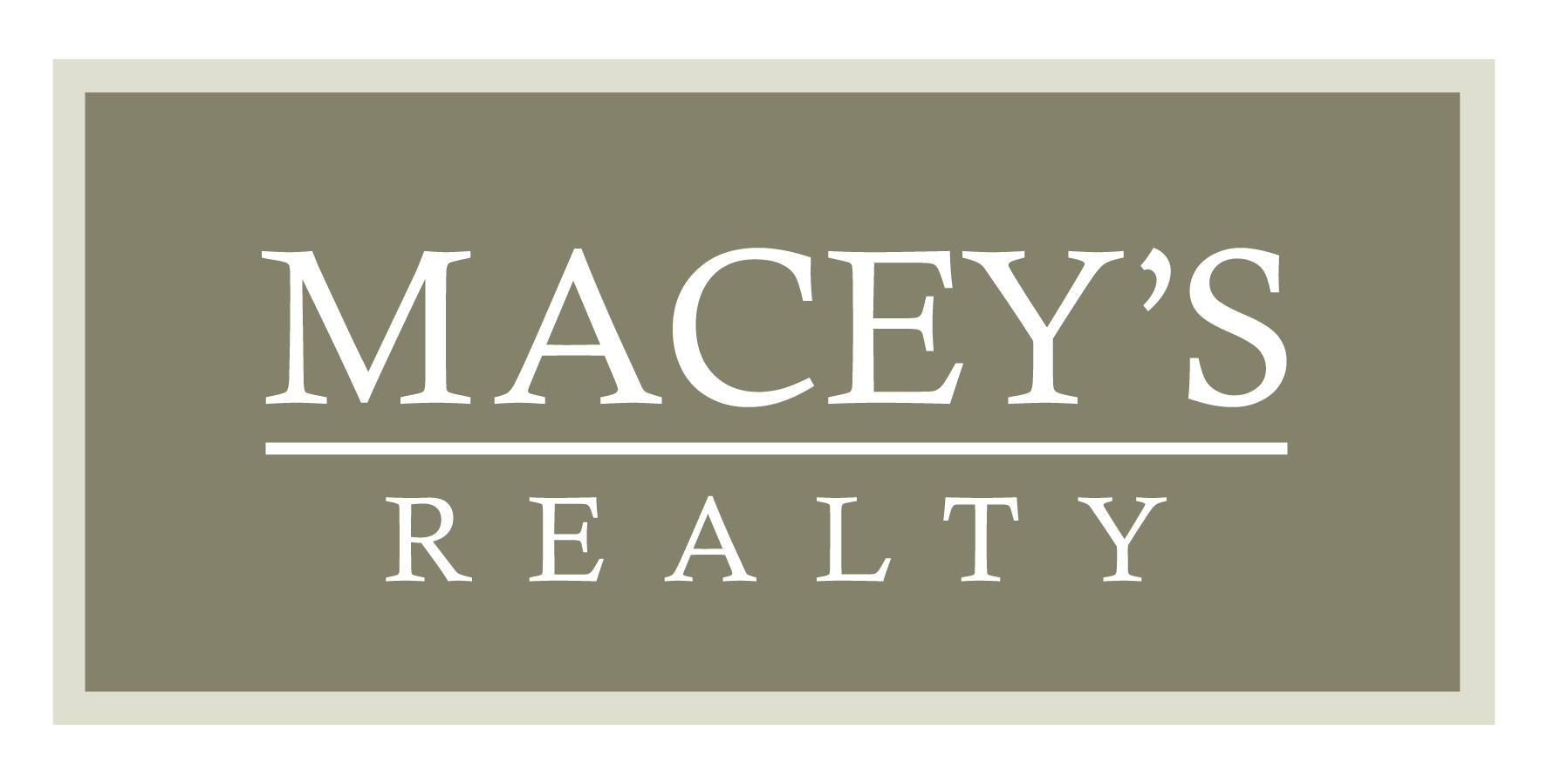
Not ready to buy? There’s a lot you can do in your 20s to better position yourself to buy when the time is right
If you’re fresh out of college and settling in at your first or second job, homeownership might be out of sight, out of mind. But there’s a lot you can do in your 20s to better position yourself to buy a home when the time is right.
You’ve got plenty of company if you’re not ready to house-hunt just yet. Fifty-seven percent of millennials rent because they view it as more affordable or because they think they won’t qualify for a mortgage, according to a 2014 Fannie Mae survey. Survey respondents cited poor credit, high down payment costs, a low monthly income and too much existing debt as roadblocks.
While you’re in your 20s, follow the steps outlined below to overcome some of these common obstacles to homebuying. And when the time comes, you’ll be ready to get your hands on those coveted house keys.
- Save as much as you can as early as you can
- Prioritize needs over wants to avoid overspending
- Build your credit with on-time payments and manageable loans
Save Your Money Early — and Regularly
Bob and Erin Sikorski knew buying a home would be a big undertaking, but the young couple was game for the challenge. Erin, now 27, says she and her husband were both taught the value of saving and paying cash for big purchases, even for a car. Early in their 20s, they each saved relentlessly and had a few thousand dollars in the bank before combining savings forces.
“We opened a joint savings account to save up specifically for our down payment and for homeownership costs; we don’t use it for anything else,” Sikorski says.
For two years, they each deposited $500 a month into a joint savings account for a total of $1,000 a month going toward their future home purchase. They also avoided big purchases and credit cards like the plague. When it came time to get married, they asked guests to contribute to their down payment fund instead of buying wedding gifts, which helped boost their savings even more, Sikorski says.
Their discipline paid off in 2014. A few months after tying the knot, they bought their first home for $255,000 in Castle Rock, Colorado, a growing bedroom community 30 miles south of Denver. With a little help from a relative and their measured approach to saving money, they were able to put a full 20% down and get a 30-year conventional mortgage.
Mortgage pros like Brian McFedries endorse this savings approach wholeheartedly. McFedries, a loan officer with Smart Choice Realty Solutions in San Diego, California, recommends socking away as much as you can per paycheck in a savings account. Whether it’s 3%, 5% or 10% of your income, those savings will add up over time, McFedries says.
Prioritize Needs Over Wants
Jessica Humphrey always put her needs over more extravagant wants, even as her friends blew their paychecks on designer clothes and new cars. Humphrey, now 35, drove the same car for more than 10 years to avoid having car payments.
In her 20s, she longed to go on adventurous vacations but knew the costs of doing so would delay her dream of homeownership. She found a way around that roadblock by becoming a sales consultant for the Scentsy candle-warmer company in addition to running a pizzeria full time in Wartburg, Tennessee. Humphrey became a leading seller and earned incentive vacations, which helped quell her travel bug and cost little to no extra money.
Humphrey recalls once salivating over a Michael Kors handbag at a time when she was saving to buy a historic home that needed repairs. Despite the bag’s allure, Humphrey put off the purchase until she had enough money saved for a down payment and to address certain repairs. Using a cash-only system, she says, helped her conquer the temptation of the handbag and other impulse purchases over the years.
“When I have cash in hand, there is a number on that piece of paper I’m handing over and I know how long it took me to make that amount,” Humphrey says. “I have self control when I can see cash and relate it to man hours rather than simply swiping a card.”
Sikorski and her husband have made a habit of living frugally, she says, and are accustomed to delayed gratification when it comes to purchases. Their motto: Unless you can pay for an item in full, don’t buy it. By fighting the temptation to spend, you’ll build your nest egg for a healthy down payment, closing costs and that elusive emergency fund for unexpected, yet inevitable, house repairs.
Build Your Credit Wisely
While it’s true you need a credit history to qualify for a home loan, that doesn’t mean you should max out credit cards while in your 20s. Instead, use them responsibly and wisely to build your credit score over time.
Traditional lines of credit, whether it’s student loans, an auto loan or credit cards, need to be tempered with an understanding of how revolving debt affects your credit score, McFedries says.
“Having a high debt-to-income ratio is one of the red flags mortgage lenders look for when evaluating your credit,” McFedries says. “It’s better to have, say, a $5,000 credit account and owe $1,000 on it instead of a $1,000 card and owe $800 on it because of how it will impact DTI and your ability to qualify for a loan.”
The first step to building a healthy credit profile is knowing your credit score and keeping tabs on it in case errors should appear, says Jeremy Schachter, a mortgage broker with Pinnacle Capital Mortgage in Phoenix, Arizona. He says some young homebuyers come in to apply for a loan and are completely clueless about their credit scores.
Making a plan of action to pay down debts early on and raise your credit score — before you’re ready to buy a house — will increase your chances of getting the best loan and interest rates possible when the time comes, Schachter says.
Making on-time monthly payments on your student loans, rent, utilities and credit cards can start boosting your score in as little as six months.
Next Steps
Do you have homeownership on the brain? Sit down with a mortgage broker to talk about what steps you can take now to make it happen. Part of a mortgage broker’s job is to help you assess your overall financial picture and identify specific ways to make the path to homeownership as smooth as possible.


